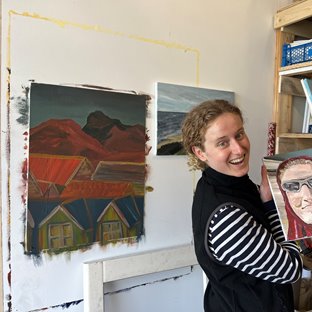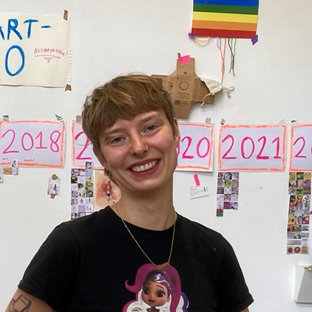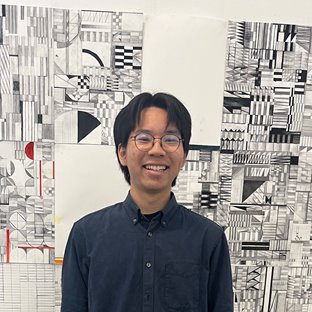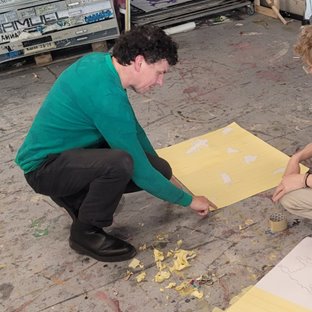Fine Art in brief
- Trains you to become a visual artist
- Unique studios to develop your talent
- Your own studio space from year 2
- A stimulating learning community
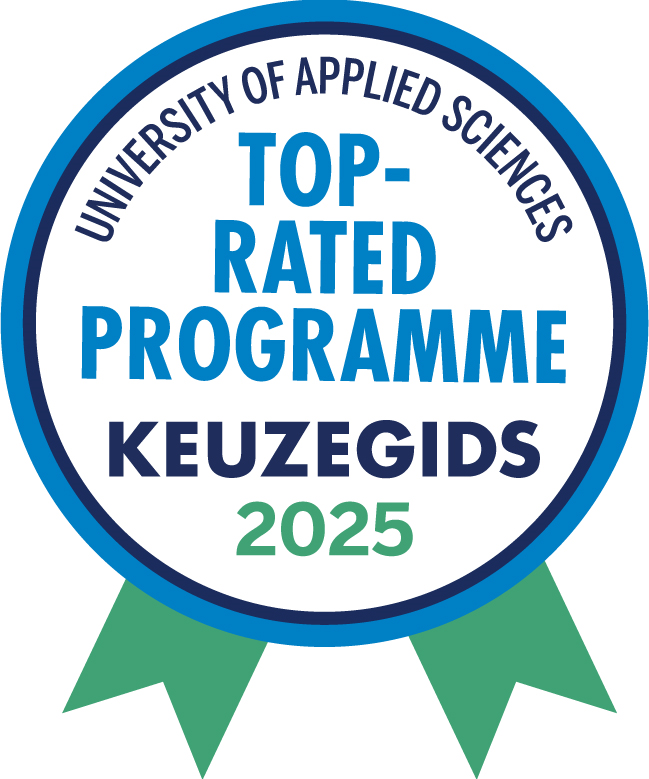
How do you know Fine Art is right for you?
The Bachelor of Fine Art is right for you if you are visually minded, curious and driven. If the following profile describes you, we'd like to get to know you.
- You are bursting with creative ideas
- You are able to translate those ideas into images
- You dare to experiment with media and material
- You are culturally and socially curious and engaged
- You have lots of perseverance and a critical attitude
- You can work independently and you are self-disciplined
Why choose Fine Art at HKU?
This Bachelor’s programme gives you plenty of opportunities and freedom. After a general first year, you will learn to forge your own study path. You’ll do lots of individual study, as well as cooperating with fellow students, supervised by professionals in the fields of creation and theory. This ideal combination gives you a clear picture of the visual art field. You’ll work in your own studio or in the special workshops for print, plaster/ceramics, wood, metal, and digital and performative media.
Excited? Apply now!The course in figures
Curious how the Bachelor of Fine Art scores compared to other courses?
Go to the course in figures (in Dutch)
